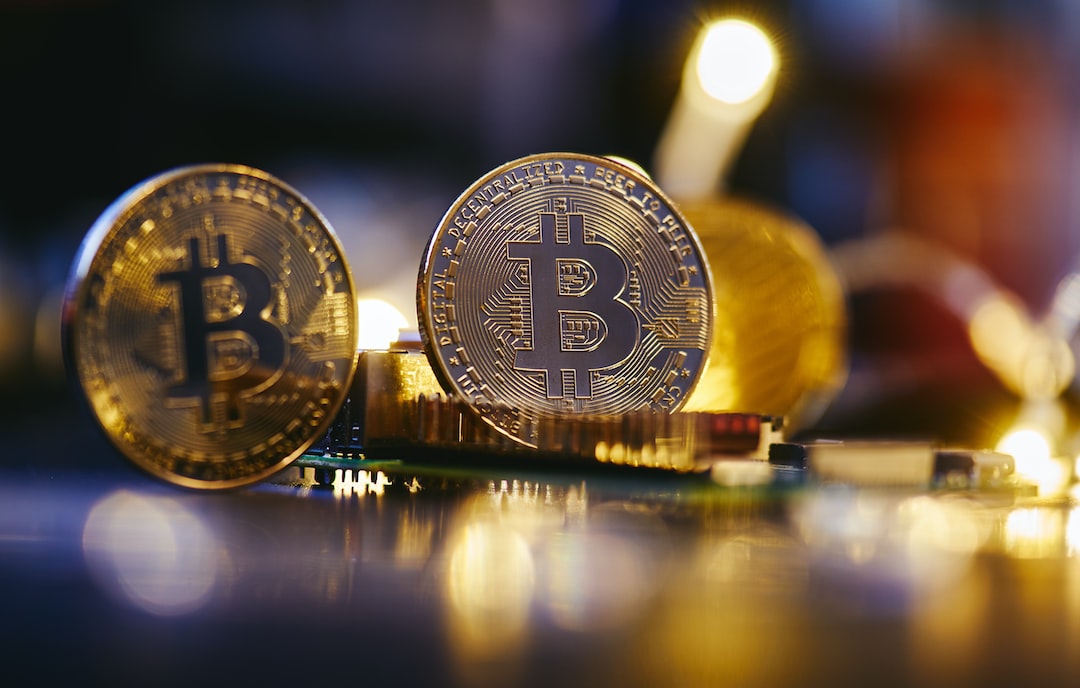Cryptocurrency is a rapidly evolving and volatile market, with new coins and tokens constantly being introduced and existing ones fluctuating in value. While this level of volatility attracts traders, it can also be very risky for those seeking stability in their investments. This is where Tether, a controversial cryptocurrency, comes into play. In this article, we will explore Tether’s role in the crypto market and examine whether it provides stability or poses a risk of manipulation.
What is Tether?
Tether (USDT) is a type of cryptocurrency known as a stablecoin. Unlike other cryptocurrencies like Bitcoin or Ethereum, whose value can vary greatly, Tether is designed to maintain a stable value by being pegged to a fiat currency, usually the US dollar. For every Tether token in circulation, there should be an equivalent amount of dollars held in reserve by the company behind Tether. This means that each Tether token should theoretically be worth one US dollar.
Stability or Manipulation?
Tether’s ability to maintain a stable value has both positive and negative implications. On one hand, it provides a much-needed stability in the volatile world of cryptocurrency. Traders can use Tether as a safe haven during market downturns, preserving the value of their investments. Furthermore, Tether offers a convenient way for crypto traders to move funds quickly between different exchanges, as many exchanges do not support direct fiat currency transfers.
On the other hand, Tether has been subject to several controversies and suspicions of manipulation. Questions have been raised regarding the transparency and legitimacy of Tether’s claims that each token is backed by an equivalent amount of dollars. Critics argue that Tether has not provided sufficient evidence to prove its reserves and that the company may be engaging in fraudulent practices, such as printing tokens without adequate backing. If these allegations were true, it could potentially lead to a significant disruption in the crypto market, similar to a traditional financial bubble bursting.
The Impact on the Crypto Market
Tether’s role in the crypto market cannot be understated. It has become one of the most widely traded cryptocurrencies, with billions of dollars’ worth of transactions occurring daily. Many major cryptocurrency exchanges rely heavily on Tether as a substitute for traditional fiat currencies, allowing traders to hedge their positions and move funds easily. The stability offered by Tether attracts both risk-averse investors and market manipulators.
The potential risks associated with Tether have raised concerns among regulators and economists alike. The fear is that if Tether collapses or its reserves are found to be inadequate, it could trigger a domino effect that destabilizes the entire crypto market. This fear is further heightened by the fact that the company behind Tether, Tether Limited, operates in a relatively unregulated space. It lacks the oversight and accountability that traditional financial institutions face.
The Future of Tether
The future of Tether remains uncertain, and the ongoing controversies surrounding its transparency and financial backing only add to the skepticism. Several investigations have been launched by regulatory authorities to shed light on the matter. If Tether is found to be engaging in fraudulent practices or if its reserves are insufficient, the consequences could be severe for not only Tether itself but also the wider crypto market.
It is important to note that stablecoins do serve a purpose in the crypto market, providing a bridging mechanism between cryptocurrencies and fiat currencies. Many other stablecoins, such as USD Coin (USDC) and TrueUSD (TUSD), have emerged as potential alternatives to Tether, offering greater transparency and regulatory compliance.
FAQs
1. Is Tether a safe investment?
While Tether offers stability, it is not without its risks. The ongoing controversies surrounding its financial backing make it a questionable investment for risk-averse individuals.
2. Are there alternatives to Tether?
Yes, there are other stablecoins available in the market, such as USD Coin (USDC) and TrueUSD (TUSD), which offer greater transparency and regulatory compliance.
3. Is Tether regulated?
Tether operates in a relatively unregulated space, lacking the oversight and accountability that traditional financial institutions face.
4. What would happen if Tether collapses?
If Tether were to collapse or its reserves were found to be inadequate, it could potentially destabilize the entire crypto market, causing significant disruptions and losses for investors.
In conclusion, Tether’s role in the crypto market is a subject of great debate. While it provides much-needed stability in the volatile world of cryptocurrency, its controversies and allegations of manipulation raise concerns about its long-term viability. As the crypto market continues to evolve, regulators and investors alike will closely monitor the developments surrounding Tether and its impact on the overall stability of the market.





 By
By
 By
By
 By
By
 By
By

 By
By